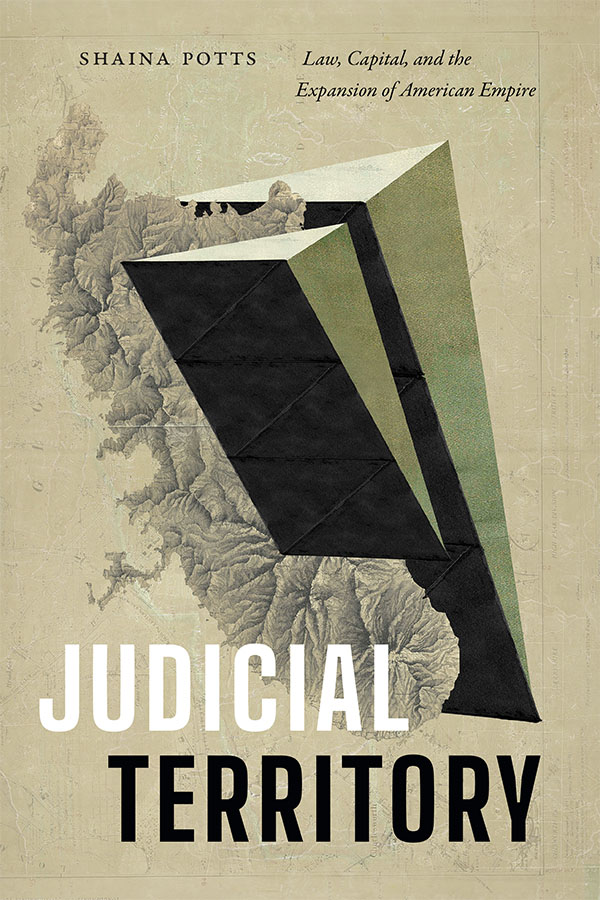The two stories with which we began effectively bookend the account of transnational commercial law that Shaina Potts, a geography professor at UCLA, provides in her new book, Judicial Territory. Potts’s study is capacious, offering insights on everything from financialization and hegemony to international trade and globalization. But at the core of the book is the history of how we got from US courts being willing to rule in favor of foreign governments and against American firms in the 1920s to the opposite outcome in the 21st century.
In a nutshell, that history is a chronicle of expanding US judicial authority over the economic decisions and activities of foreign governments, and in particular their relationships with private—usually American—companies. Governments that had previously been treated as sovereign and immune, such as the Italian government in its ownership and operation of The Pesaro, are no longer accorded such deference by US courts. Foreign states and their commercial dealings had not formerly been beyond the reach of US power altogether: The United States’ executive branch had rarely granted them immunity, especially when American interests were involved. What changed was that the US judiciary started to treat foreign governments exactly like private corporations, robbing them of any special legal status. This, as Potts describes it, was an epochal shift.
The change began in earnest in the 1950s and ’60s, and it was initially centered on what came to be termed “the Third World” and on developments in various postcolonial countries. Independence for such countries was frequently followed—albeit sometimes not until decades later—by the nationalization of foreign-owned assets and by the establishment in their stead of state-owned enterprises. Bolivia, for instance, nationalized its tin mines; Turkey nationalized its railways, ports, and utilities; Egypt nationalized the Suez Canal; and countries ranging from Iran to Mexico nationalized their oil industries.
Such nationalizations, which were integral to the plans of developing countries for a New International Economic Order, had long been regarded as beyond the purview of US law. But after World War II, a shift gradually occurred, and American courts increasingly came to treat the nationalization of US assets as unlawful expropriation. The nationalizations in Cuba on the heels of its revolution—Castro famously nationalized all American-owned sugar companies in 1960—were a particular flash point and are given special attention by Potts.
